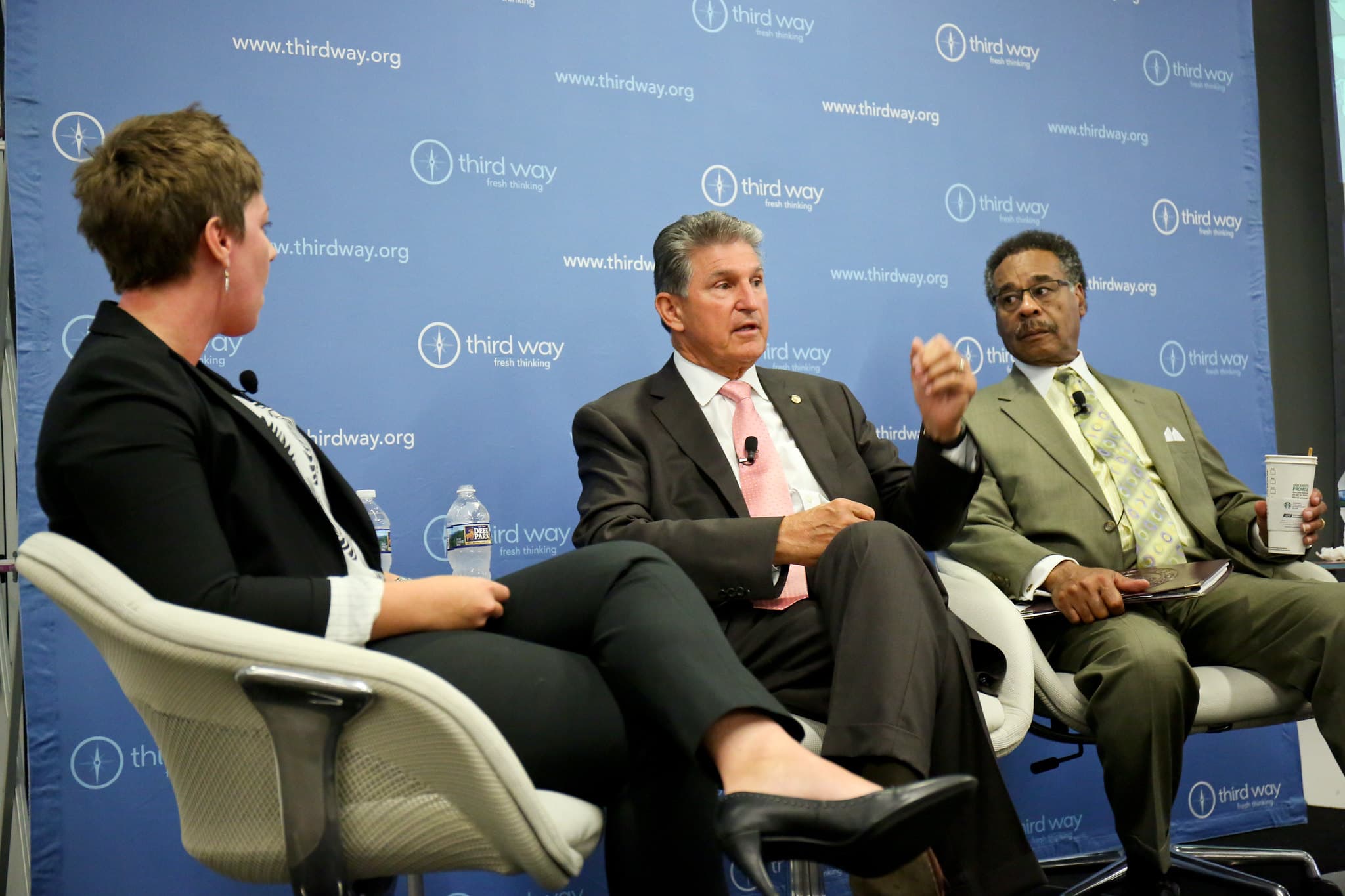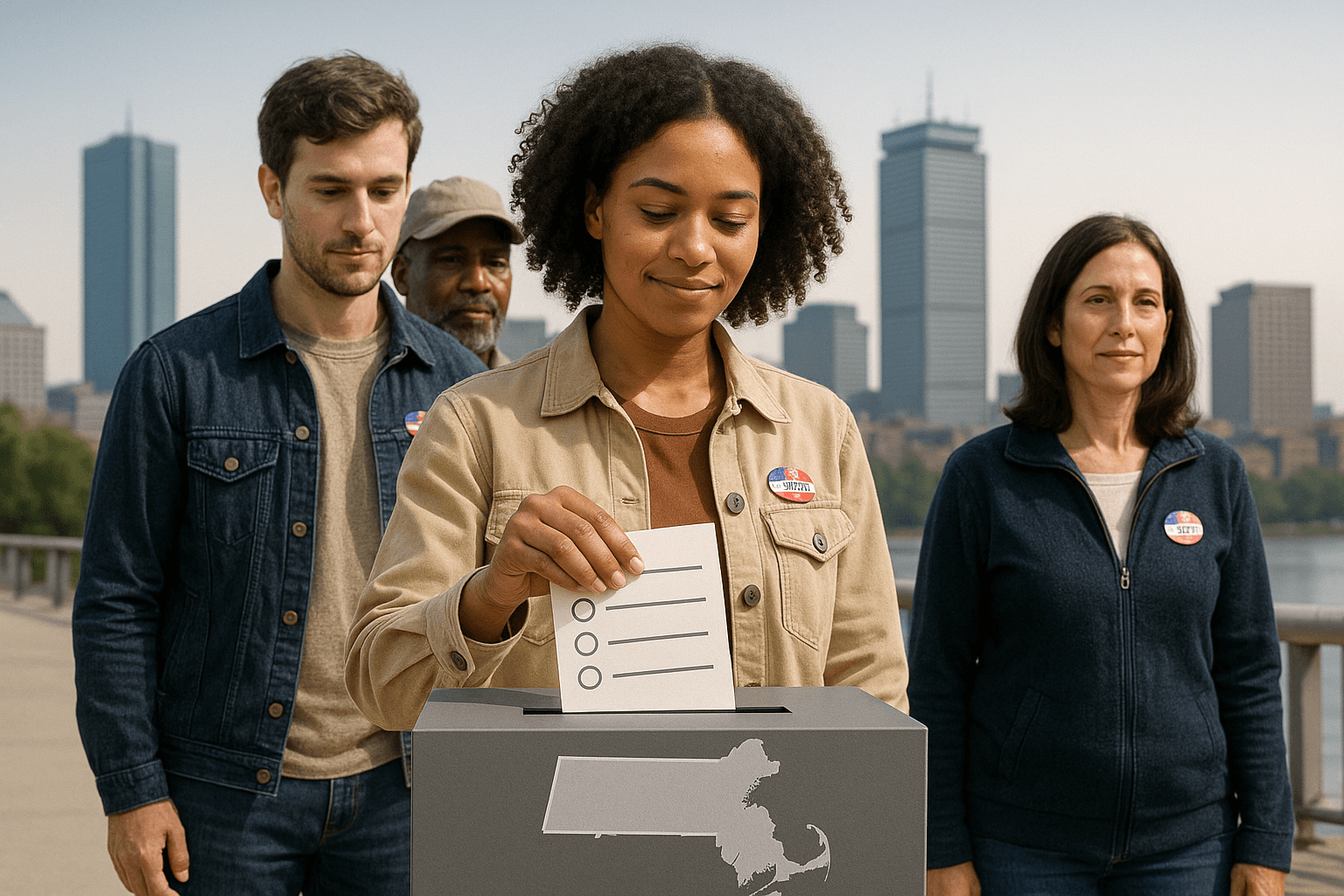Joe Manchin on Taxpayer-Funded Primaries: 'They're Locking Us Out!'

While appearing on CNN host Michael Smerconish’s show, former Democratic U.S. Senator Joe Manchin, now a registered independent, told Smerconish that “we have to have open primaries” in order to get candidates who prioritize representation to run and have a chance to win.
“We have to change the primary,” he added. “They are locking us out.”
Manchin believes it is impossible to have a representative form of government when independent voters can’t even participate in elections in a meaningful way. The use of a closed or semi-closed system locks out about 24 million independents each election cycle.
Smerconish not only supports the adoption and use of open primaries, but he is also a lead plaintiff in a lawsuit in Pennsylvania challenging the Commonwealth’s use of closed partisan primaries. Plaintiffs say the system violates the state constitution's Free and Equal Elections Clause.
“As one of our lawyers, Shannon Spector, said: ‘Denying a citizen the right to vote is the harshest form of taxation without representation,’” Smerconish has previously said.
It has been over a year since Manchin left the Democratic Party to register independent, citing the broken state of U.S. politics and the unwillingness of both parties to work together to find compromise on important issues.
“To stay true to myself and remain committed to put country before party, I have decided to register as an independent with no party affiliation and continue to fight for America’s sensible majority,” he said.
The decision, however, means that in West Virginia – where he resides – his options in taxpayer-funded primary elections are limited. His state uses a semi-closed system that allows the parties to decide who can and cannot participate in “their” primaries.
The Democratic Party of West Virginia currently allows independent votes to participate, but the state’s Republican Party voted in January 2024 to close its primaries to party members only.
This leaves the 25% of the voting population that is registered unaffiliated with limited options and no real meaningful say in who represents them as most elections in the state are effectively decided in the Republican primaries.
Republicans hold a super-majority in the state legislature with 91% of the seats in the House of Delegates and all but two state Senate seats. Both of the state’s congressional seats are held by Republicans in districts that have a party advantage of R+22 (WV-1) and R+20 (WV-2).
This means voters not registered with the Republican Party are denied a meaningful say in taxpayer-funded elections, including independent voters.
 Shawn Griffiths
Shawn Griffiths





